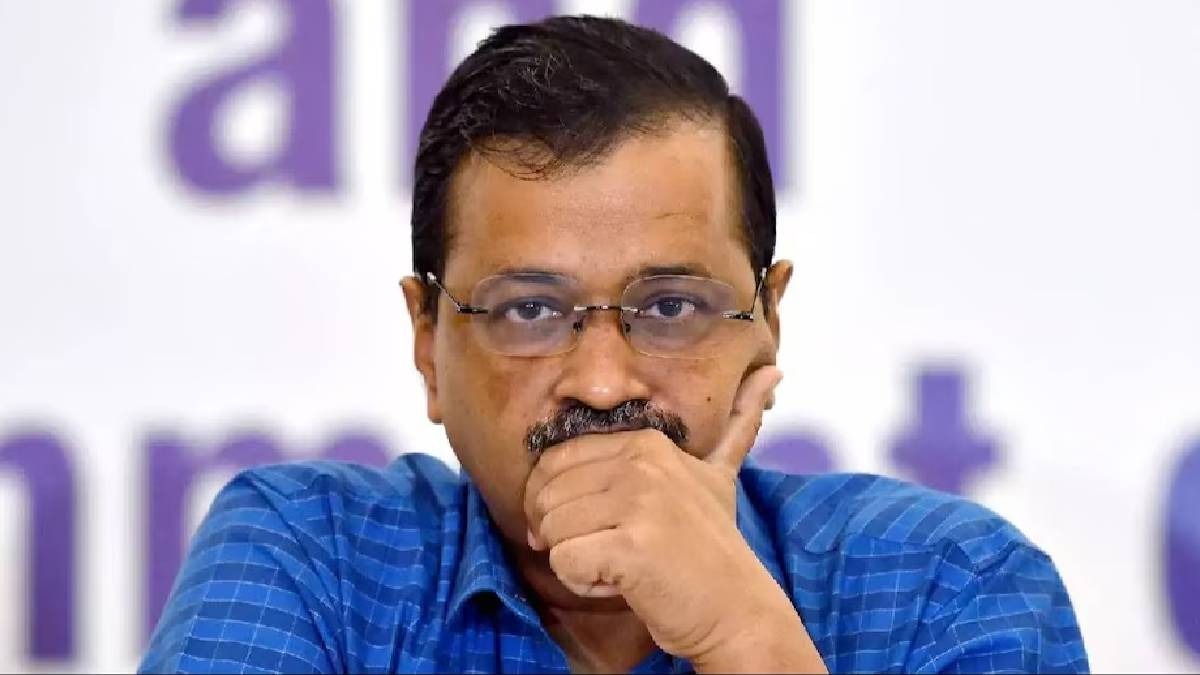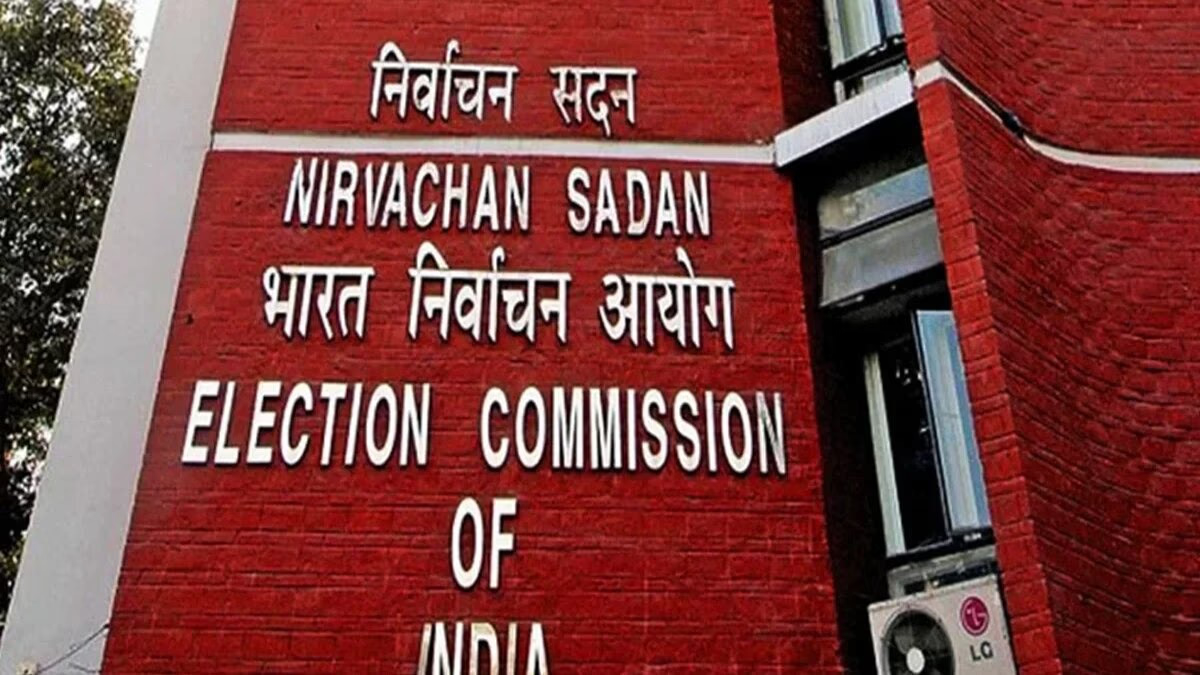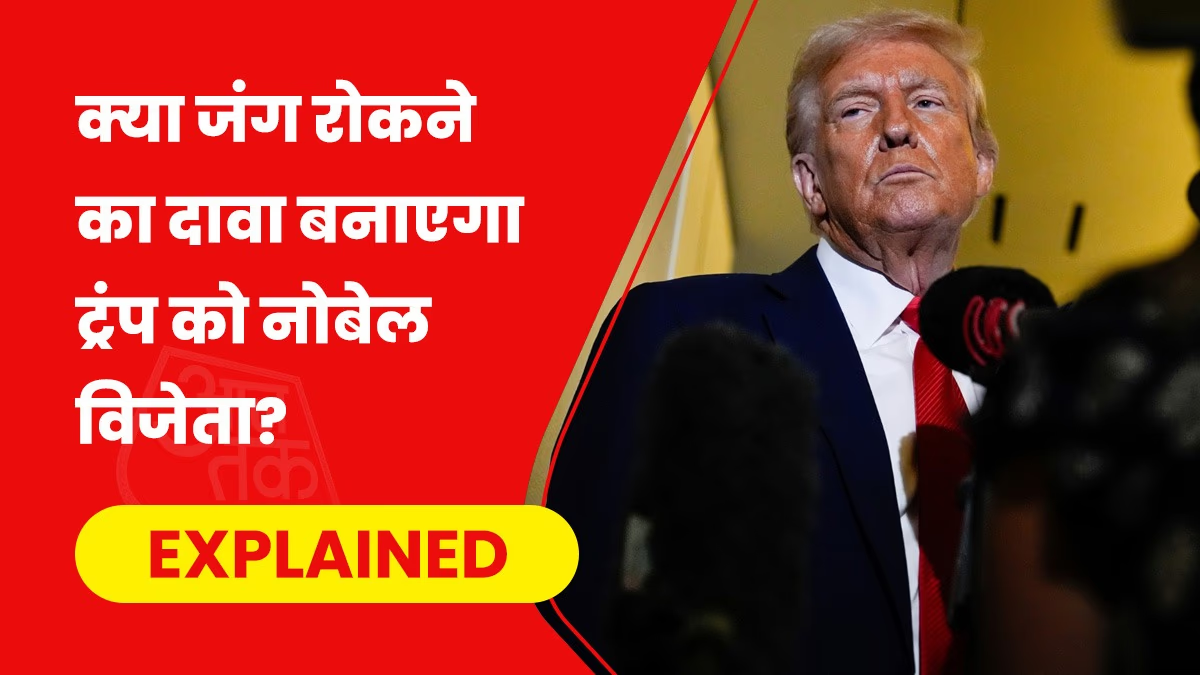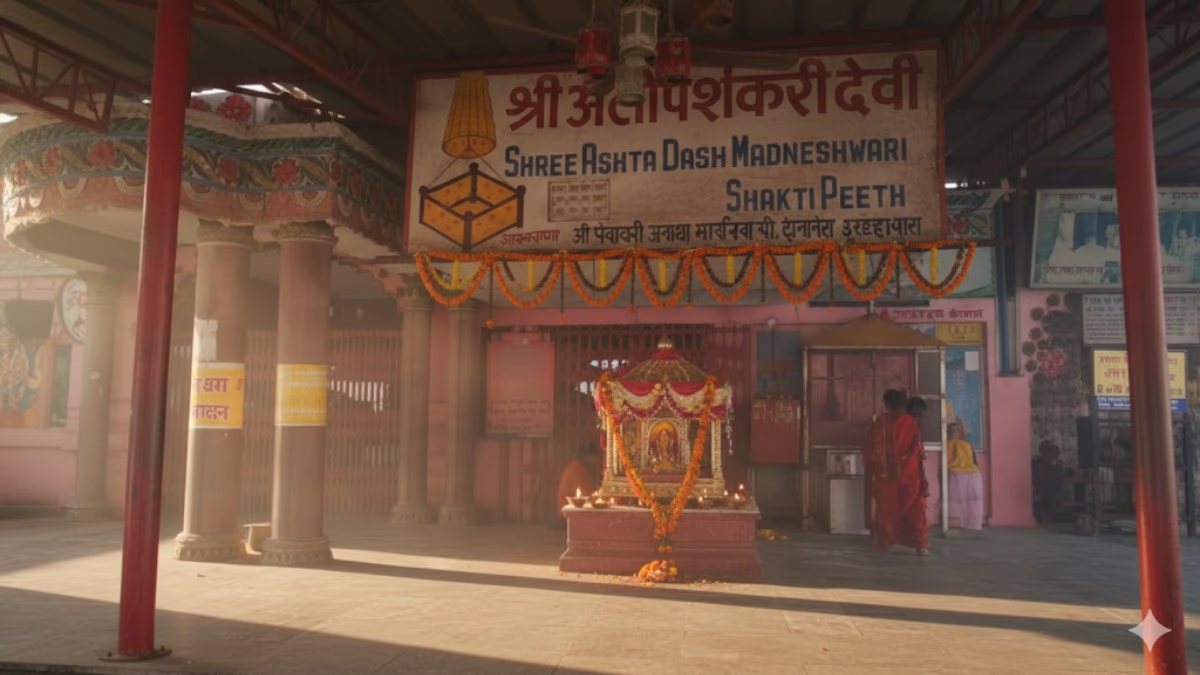Delhi Chief Minister Arvind Kejriwal has been denied interim relief by the court. With the court unresponsive to Kejriwal's bail plea, he must surrender at Tihar Jail tomorrow, June 2. Initially released on interim bail for election campaigning on May 10 for a 21-day period, his bail term expires on June 2, calling for his surrender on Sunday.
Despite seeking an additional seven days of interim bail citing health concerns and pending medical tests on Saturday, the Enforcement Directorate (ED) opposed the extension. Representing Kejriwal was lawyer N Hariharan while the ED was represented by ASG SV Raju in court. Solicitor General Tushar Mehta participated in the hearing online, arguing that Kejriwal's Friday press conference already indicated his intent to surrender on June 2 without awaiting further court orders, potentially misleading the court.
After hearing extensive arguments from both sides, Judge Kaveri Baweja of Rouse Avenue special court concluded that the verdict for the interim bail will be delivered on June 5.
Advocating for Kejriwal, Hariharan contended that ED's insinuation that a person's health condition denies them medical treatment violates his right under Article 21 of the Constitution. The Supreme Court granted them the liberty to apply for regular and interim bail, he stated. The lawyer underscored Kejriwal's continued battle with diabetes since 1994, daily insulin doses, and worsening health, asserting his right to medical treatment.
Hariharan emphasized the constitutional right to a dignified life, challenging ED's claim that Kejriwal's plea was not admissible. He reminded the court of Kejriwal's role as the national coordinator and star campaigner for his party, one of the nation's six major political parties, necessitating his presence across the country for elections. The bail was granted for campaigning; had he not done so, he might be accused of not campaigning at all, hence he persevered despite health risks.
ASG Raju, in response, highlighted Kejriwal's campaign activities across the nation, questioning the sudden foregrounding of health issues. He suggested that Kejriwal could've sought bail on medical grounds in the Supreme Court. ED's examination can be quick, often less than an hour, and Kejriwal's supposed weight loss and fluctuating ketone levels could have alternatives causes beyond kidney issues.
Solicitor General Mehta pointed out that Kejriwal had a prior diabetes condition, and considering the gravity of health concerns, he should have sought medical attention earlier. He argued that the sudden claim of deteriorating health is concealing the real intentions.
The court inquired with Kejriwal's lawyer the justification for extending the bail period, and the necessity of seven days for the Holter test. Hariharan explained the need for various tests, including PET-CT, to promptly act in case of dangerous findings, hence the requested seven-day period. The SG emphasized that the judiciary cannot be trifled with in this manner.




